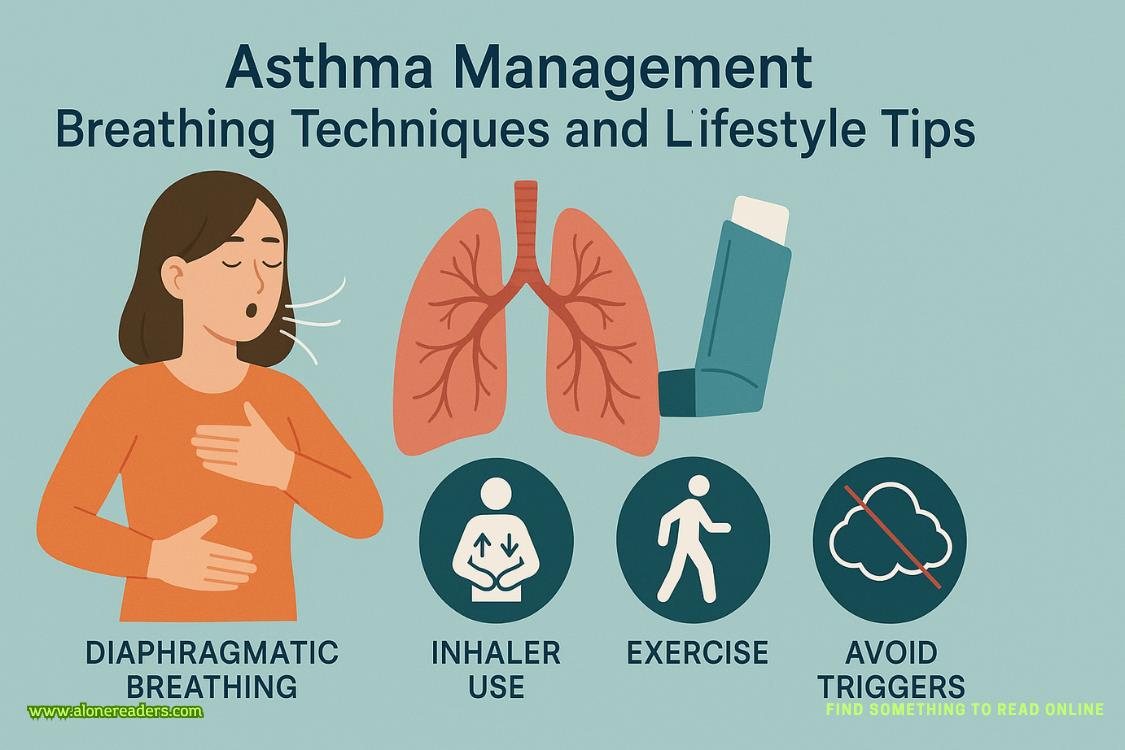“And?”
“And?” She was three goblets deep. “I suppose I don’t like my dad that much.”
Barbie looked at Dan. “I see.”
“That’s the reason we haven’t got married,” she found herself saying. “I can’t imagine him at the wedding.”
“Well,” Dan said. “Same.”
“You didn’t catch up with Roger when you went over?”
“God, no.”
“What’s wrong with him?” Barbie’s tone was pleasant and his facial expression, as he gazed at Coralie, seemed interested. “I know what Dan says, but what do you say?”
“Ah.” She shrugged. “I can’t even remember now, really.”
“You were the good one,” Barbie said. “And Dan was the bad one.”
“I don’t think…”
“Enough, enough.” Barbie dusted off his hands. “Enough of the hard questions from me. You’re a writer, Dan tells me. How’s the writing going?”
Coralie dropped her head into her hands and moaned.
“Look at you!” Barbie laughed. “You’re like an oyster when the lemon is squirted on. Don’t shrivel away! Just tell me!”
“Ugh,” Coralie said. “It’s fine.”
“Writer’s block? No ideas?”
“I have ideas!” Tears of protest rose to her eyes. “The world is…” She mimed being dizzy. “What’s the point?” Of reading, she meant as well, not just of writing, when no one had time to think.
“You need to get your shit together,” Barbie said.
“He’s being kind,” Dan quickly clarified.
Before she could reply, Adam was back. “Barbie, bloody hell, what’s the story with the lav gallery? Those are some total A-listers.”
“The talent—my talent business. I was a manager, a fixer; that’s how I made a crust.”
With a waiter’s discretion, Dan cleared up around them as Barbie told the story of how he made his fortune. He was a Londoner by birth and grew up around Clerkenwell and Farringdon.
“That’s near…” Where Coralie worked, she was going to say, but Barbie wasn’t listening.
His parents were from Sicily. When they moved to London, his mother worked as a seamstress, and his father in one of the Italian cafés on Clerkenwell Road. Barbie was smart, and everyone could see it, but he did shit at school and got himself into trouble, beating up anyone who called him thick. Left school early, got into music, made himself useful, good at all the practical things: venues, tickets,merch, security. Made himself more and more useful to the more and more famous.
“Anyway,” he said, “that was how I became a success. But it wasn’t easy. My wife was American, my little sons were settled in New York. Every time I came to London, I went for these huge, long walks when I was jet-lagged, along all the big main roads, looking for the same kind of place where I grew up, where I could feel the road rumbling and the traffic kept me company. When I found them, I bought them. Mare Street, Old Ford Road, Graham Road, this place—you can hear the traffic now.”
They all paused to listen. Something huge drove by. The chandelier crystals shimmered.
His whole life had been based between London and New York, but what had happened next was that he’d stopped being able to fly—scared to death, crying like a child, bundled off the plane in a wheelchair—unless he was knocked out like an elephant being airlifted from the savannah, “and Iwasan elephant by then, too, twice the size I am now.” He rubbed his ribs and belly. “The talent didn’t like it, they need their guy on the ground, they want to feel like they’re the only one with problems. The wife didn’t like it, having me at home all the time. I drank more, I ate more, I stopped going out. The boys were getting to the end of their schooling; it was time for me to choose where to die. I chose England. I sold the business, gave the money to the boys, said goodbye to the wife, and moved into this place.” He had tears in his long black lashes.
“But you didn’t die, did you?” Daniel said sweetly.
Barbie passed the back of his hand over his eyes. “Nope! Fifty-six now. Fit and well. Married to the love of my life. I never thought I’d see it.”
He clasped Dan’s hand and they leaned their heads together.















